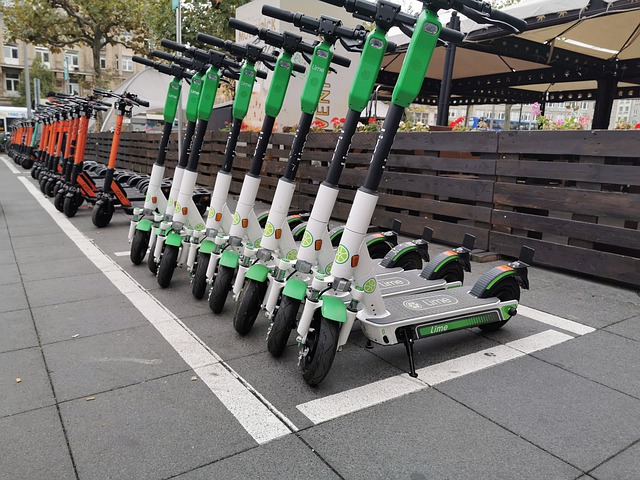What’s the future for e-scooters in Toronto?
Electric scooters, it turns out, have sparked a lot of controversy and raised red flags among Toronto city officials.
They have now gathered more arguments against than for leaving the pilot program to allow e-scooters to travel around the city.
What are e-scooters? The most common form is a small electric scooter, which can reach a speed up to 30 km / h. Electric scooters have gained immense popularity in Europe in recent years. They are an indispensable part of European cities. You can own a scooter or you can rent it for minutes from one of their many locations in the city. The closest available scooter can be tracked and rented using a special smartphone application. Electric scooters are especially useful for quick and easy transportation in urban areas and over shorter distances.
In Toronto, there are indications that just one year since the pilot program introduction, the use of e-scooters may be banned.
The current legal situation is a provincial pilot program in which Toronto is also participating, which allows electric scooters to be used on Ontario’s roads.
The pilot project was introduced on January 1, 2020 for a five-year period and gave city governments in Ontario the green light to allow electric scooters to run on a roadway or highway shoulder.
Ontario scooters must not exceed 24 km / h and must be equipped with a horn or bell. People from 16 years of age can ride e-scooters, and everyone under 18 years old must wear a helmet.
In order to leave this project on for longer, the city regulations should be adjusted.
After Toronto city council listened to residents’ concerns, it asked the Transportation Services department last July to investigate the accessibility and insurance issues of e-scooters.
Among the objections raised there were voices regarding disabled people and seniors who complained about electric scooters riding on sidewalks, the lack of city resources to enforce the existing law, and issues related to liability and insurance.
Overall, city officials say that the current pilot scheme poses a security risk in the public sphere, creates additional barriers for elderly and disabled people, burdens existing infrastructure and does not guarantee law enforcement.
Meanwhile, this month, April 2021, an online survey was conducted by Nanos which found that most people in Toronto support a pilot program for electric scooters. According to this survey, which was attended by 751 people, around 76% said they would support or to some extent support the city if it wanted to introduce more environmentally friendly transportation solutions. Only 12% of the respondents did not have an opinion.
So, what will the city of Toronto do regarding electric scooters?
Cities in Europe faced similar difficulties in the early stages of introducing this innovation into everyday life. Years have passed, the laws and amendments to them have been introduced and this subject is already regulated in most European countries.
So maybe Toronto should look across the ocean?




